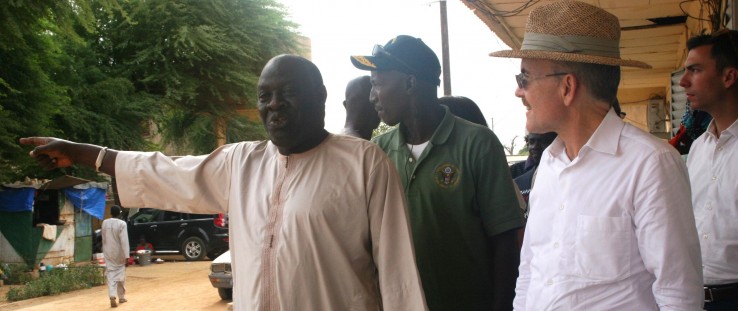 Amadou Bakhao Diaw, left, welcomes U.S. Ambassador to Senegal James P. Zumwalt to the Department of Dagana Hospital in October 2016.
Joanna Sherif, USAID
Amadou Bakhao Diaw, left, welcomes U.S. Ambassador to Senegal James P. Zumwalt to the Department of Dagana Hospital in October 2016.
Joanna Sherif, USAID
 Amadou Bakhao Diaw, left, welcomes U.S. Ambassador to Senegal James P. Zumwalt to the Department of Dagana Hospital in October 2016.
Joanna Sherif, USAID
Amadou Bakhao Diaw, left, welcomes U.S. Ambassador to Senegal James P. Zumwalt to the Department of Dagana Hospital in October 2016.
Joanna Sherif, USAID
Amadou Bakhao Diaw, health economist and hospital director of the Department of Dagana in northern Senegal, is a witness to the success of the President’s Malaria Initiative (PMI) in drastically reducing the number of malaria cases in the region.
PMI, led by USAID and implemented together with the Centers for Disease Control and Prevention, operates in 19 of the highest burden countries across sub-Saharan Africa as well as the Greater Mekong Region. In sub-Saharan Africa, the scale-up of proven, effective malaria prevention tools—insecticide-treated mosquito nets, indoor residual spraying and preventative treatment for pregnant women—and increased availability of rapid malaria diagnosis and effective treatment has contributed to saving an estimated 6.4 million lives across the continent. The initiative also contributed to a 55 percent decrease in child mortality in Senegal from 2005 to 2014 and has made the country a major success story for malaria control.
FrontLines sat down with Diaw recently to discuss the region’s progress in malaria control but got much more: Diaw shared a personal perspective, including his recollections of a painful past and the hopeful future that is shaping up for his country as malaria slowly fades from memory.
FrontLines: You were born and raised in northern Senegal at a time when sickness and death from malaria was accepted as a part of life.
Amadou Bakhao Diaw: Every year for four months [during the rainy season] everyone had malaria; every family had one or two deaths from malaria. People thought the hallucinations and delusions that come with severe malaria were caused by witchcraft. Now people know it’s from malaria and that this condition can be prevented by sleeping under long-lasting insecticide-treated bed nets, getting an early diagnosis and accessing treatment at the community level.
FrontLines: How did malaria affect the community as a whole?
Diaw: As a child, I accepted the toll malaria took on my family and community. But when I left to study health economics in the capital, Dakar, I saw my childhood experiences in a new light. Through an economic perspective, I realized that malaria had devastating effects not only on people’s health but also their income. More than once, my entire community could not harvest its crops because of illness, which resulted in people sinking further into poverty, consequently devastating the area’s economy. Health economics allowed me to see the big picture, the real toll malaria was exacting on my community and others throughout Senegal. This multisectoral understanding of the situation my family faced inspired me to return to my community as director of the department hospital which serves two districts.
FrontLines: The happy ending of this story is that this region recently became the first in Senegal to reach malaria pre-elimination status (less than one case of malaria per 1,000 people at risk).
Diaw: Until 10 or 15 years ago, malaria was the leading cause of mortality and morbidity in this region. The President’s Malaria Initiative (PMI) [which began working in Senegal in 2007] brought about a big change. PMI provided millions of long-lasting insecticide-treated bed nets, and my colleagues and I made sure people understood how to hang the nets and that everyone, especially pregnant women and young children, needed to sleep under a net every night. PMI also supplied rapid diagnostic tests, malaria treatment medication and supported the training of community health workers to use these tools, which curbed the number of serious cases we had to treat at the clinical level.
Critically, people here have embraced the behavior change message related to bed net usage; there is exceptionally high bed net adherence in this area. Additionally, because of their critical role in early malaria diagnosis, treatment and referral (when necessary), community health workers have become highly respected and valued members of the community. People experience firsthand the positive results of their [community health workers’] work treating malaria and it has elevated their status in the community.
FrontLines: What do you envision for the future of malaria in this region?
Diaw: For 40 years, I lived with malaria and the effects it had on my family and my community. Now I hardly ever receive a malaria patient and my own children don’t even know what it feels like to be sick from malaria. I’m happy to say malaria is no longer an issue here. Last year, the district only recorded one death from malaria in an area that used to record 300 to 400 deaths from malaria annually.
As a health economist, I have to highlight the region’s recent economic growth, thanks in large part to malaria prevention and control efforts. The medical director of the Senegalese Sugar Co. [which operates in the region] recently shared with me that the company has seen significant financial gains due to malaria treatment and prevention activities. They have experienced a nearly 80 percent decline in malaria cases [from 1,400 cases in 2010 to just 300 in 2015]. Because of the improved health of its workforce, the company has been able to increase production and employment, which has had a positive economic impact on surrounding communities, including my own.
All this progress is wonderful, but it does not mean we are worry-free. People in this region are now confronted with new health challenges. I’m seeing an increase in patients suffering from diabetes and hypertension. We are steadily moving towards the treatment of chronic conditions, the prevention of which requires a shift in behavior, specifically nutrition and exercise.
It should also be noted that we cannot stop malaria prevention activities just because we have reached pre-elimination. In order to truly halt transmission, we must continue to raise awareness about the importance of prevention among the next generation.
You know, this region owes a lot to PMI. Many people remember President [George W.] Bush for the war in Iraq, but I remember him for his fight against malaria.







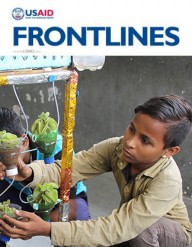

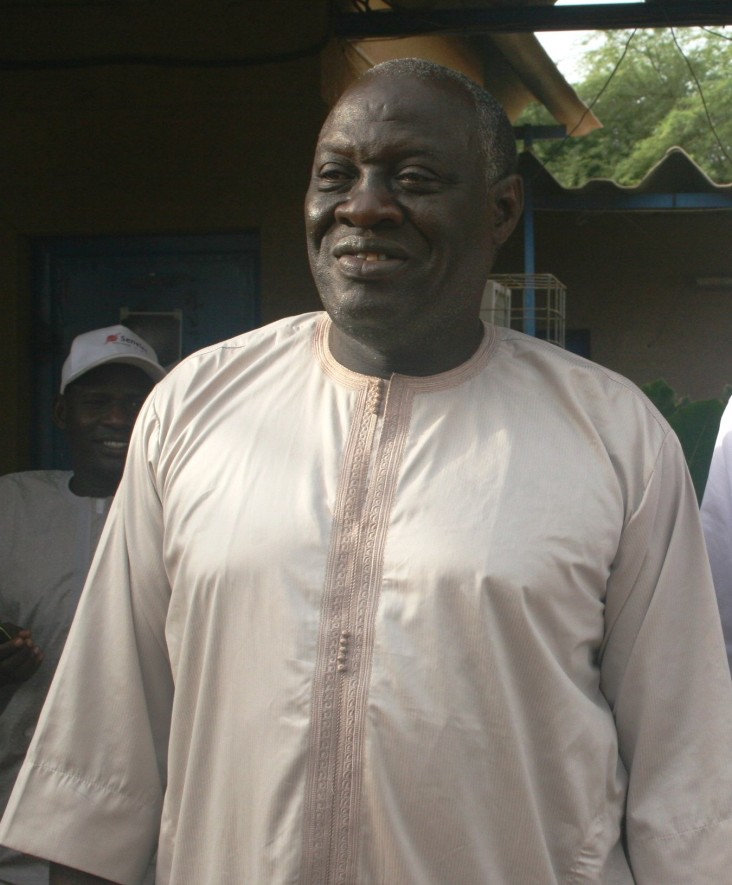
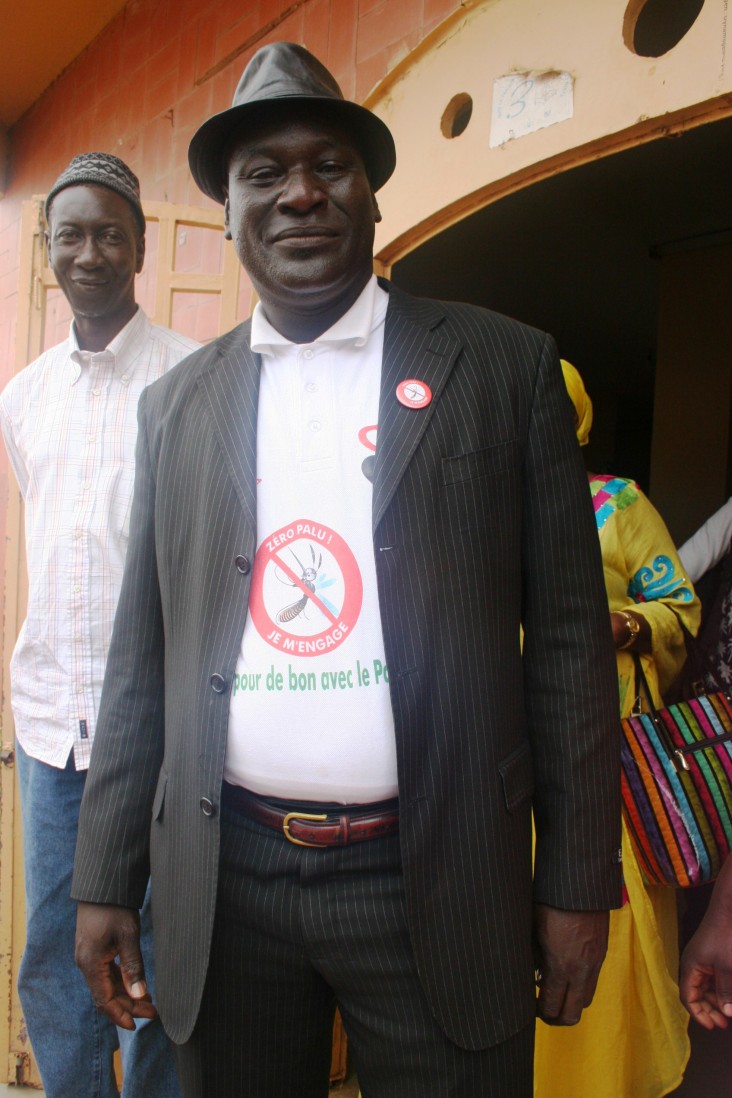
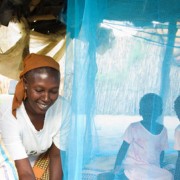
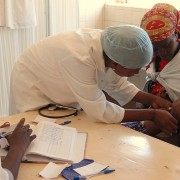
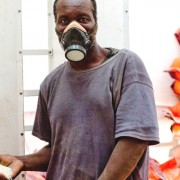
Comment
Make a general inquiry or suggest an improvement.